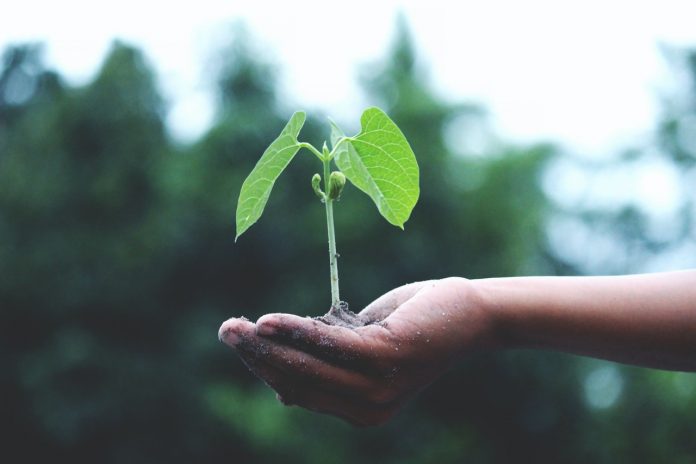
The Zambia Association of Manufacturers (ZAM) has remained steadfast as a champion of sustainable manufacturing practices in Zambia, dating from as far back as 2019. ZAM has been recognising manufacturers who are making serious strides in ensuring environmental and water sustainability in their manufacturing processes, through the ZAM Sustainability Awards.
Sustainable manufacturing may be defined as the creation of manufactured products using non-polluting means, energy efficient, natural resources conserving methods, and economically sound and safe processes. Efforts to improve environmental, social and governance (ESG) aspects have come to the limelight in recent years, mainly because of the adverse weather effects or climate change that has been experienced globally. And new studies have shown the actual extent of the damage brought about by pollution and environmental degradation.
Adoption of sustainable manufacturing practices is cardinal to help mitigate against climate change and help foster the drive by the Ministry of Green Economy to develop a circular economy in Zambia. As a sector, the move towards a circular economy speaks to industry symbiosis where waste from one manufacturer is picked up and used as an input by another manufacturer. These efforts go beyond initiatives such as the extended producer responsibility (EPR) engineered by the Zambia Environmental Management Agency (ZEMA) and other regulatory bodies to promotes sustainable manufacturing. Rightly because manufacturers remain in the middle of the circular economy equation.
The three tenets of sustainability, which are usually referred to as the three R’s, which are reduce, reuse and recycle, play a key role in promoting sustainability of water resources. In the manufacturing sector, the critical tenet often neglected but has massive potential to reduce costs and protect the environment is recycling. Recycled water in the manufacturing sector for example can be used for various industrial purposes and has the potential to reduce water bills, whilst also protecting water sources by reducing freshwater withdrawals.
Sustainable manufacturing is not only beneficial to the manufacturing sector, but also relevant in different sectors of the economy like the green economy, environmental and wildlife protection. Furthermore, recycling manufacturing waste aligns the industry with the sustainable development goals (SDGs) 6 and 12. An example of sustainable manufacturing is taken from an Indian town called Chennai, where industries use recycled water for industrial purposes such as cooling and cleaning and are restricted from withdrawing fresh water.
A further illustration of best practices of sustainable manufacturing is Unilever International, which has reduced the volume of the water its company uses in their manufacturing sites by 49% per tonne of production, by recycling water according to their Unilever Sustainable Living Plan.
In the case of plastic manufacturers, recycling has the ability to lower their input costs as the plastic is given an extended period of life as opposed to once off usage. For instance, International Synergies is currently implementing a project in Bangladesh where they estimate that 30,000 tonnes of plastic waste could be diverted for reuse over 2 years. With approximately 600,000 tonnes per year of plastic currently going to waste in Bangladesh, this will mark a significant reduction with all the concomitant economic, environmental and social benefits.
Bringing it closer to home, several manufacturing companies have been adopting ESG practices in their businesses. For instance, Zambian Breweries has the Manja Pamodzi Project which collects plastic waste for recycling and feeds this as raw materials into recycling manufacturing companies. Last week Friday, 17th June 2022, the Manja Pamodzi Foundation under Zambia Breweries Plc and a past receipt of the ZAM Sustainability Awards, partnered with Java Foods limited in their crusade to collect and recycle plastic consumer waste.
ZAM continues to make aware, recognise and engage with companies to build their sustainability practices, and for this reason ZAM will be hosting the Proudly Zambian Sustainability Walk on 25th June 2022. The Sustainability Walk will entrench the awareness on sustainability in the manufacturing industry while encouraging consumers to uptake high-quality local manufactured goods and services carrying the Proudly Zambian logo.
The walk will be graced by Her Honour, Mrs W.K Mutale Nalumango and will bring together local manufacturers and service providers, senior government officials, environmental organisations and the public to highlight the most pressing sustainability concerns, showcase various company’s initiatives and efforts in addressing these challenges and raise awareness on the Proudly Zambian Campaign. See you there!


